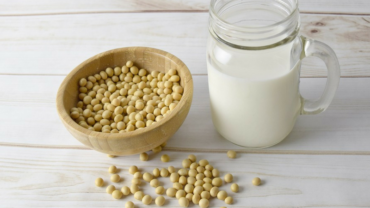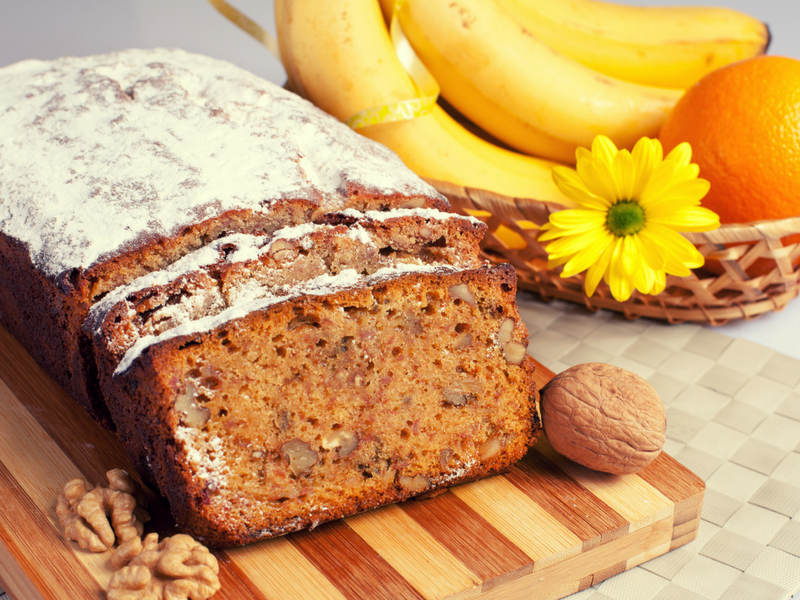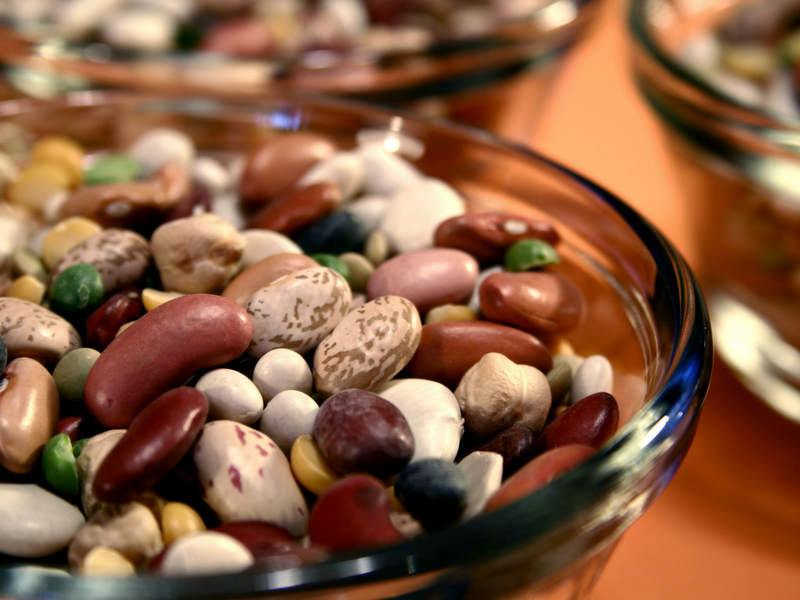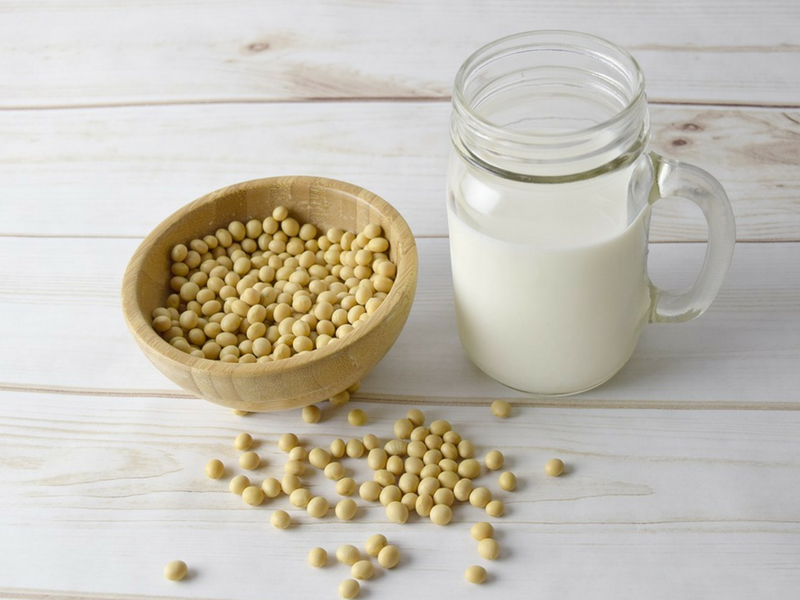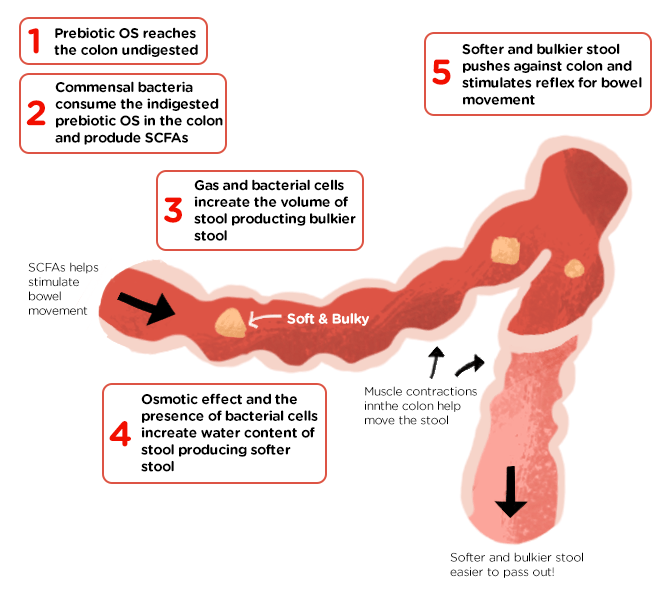Via Parenting Nation: 10 Fiber rich foods that will relieve constipation in kids more effectively
Constipation is extremely common in both kids and adults. Unhealthy eating habits take a toll on the digestive system which in turn upset the bowel movements. When we talk of constipation in kids, then it generally occurs once they reach the age of toilet training i.e. their toddlerhood (1-3 year old) and soon after they hit school in kindergarten.
Though constipation can be treated via medication or laxative, but to make sure that it’s fully uprooted, you must encourage your kids to have healthy food eating habits. Including fiber rich foods in their diet can play a major role in curbing constipation and smoothing the bowel movements. Adding fiber rich foods to your diet is the best home remedy for constipation and it also helps in avoiding many many health issues like obesity, blood presure, skin problems etc.
How Fiber Rich Foods Help?
Fiber happens to be the prime nutritive agent present in our food that aids digestion and helps in flushing out the waste in a painless way. Lesser intake of fiber results in constipation, both in kids and adults. Let us here find out what are the major fiber rich foods that can help curb constipation in kids.
Fiber Rich Foods For Treating Constipation in Kids
1.Wheat
It can be a great substitute to make some healthy snacks for your kids. If your child is fond of pasta, ditch the regular one and switch to the wheat pasta. It’s not just healthy but is also great in taste. For sandwiches also, avoid using the white bread and instead opt for the whole wheat bread. This helps in reducing the dullness which often is caused by white bread.
2. Breakfast Cereals
Refrain from serving choco-chips and rather pick the multi-grain cookie for a healthy and yummy breakfast choice. Encourage your child to have oatmeal in place of corn flakes. Make sure that the cereal brands you buy have ‘bran’ and ‘whole-wheat’ as prime ingredients.
3. Fruits with Edible Skin
Fruits are great sources of fiber and the fruits with edible skin can be a great choice for curbing constipation in kids. Apples, pears etc. have edible skin and can be given to kids in abundance. Papaya is another fruit which is not just rich in fiber but is a great source of vitamin A too. Also, papaya has digestive properties that makes it an ideal choice for treating constipation.
4. Beans
Be it the chick peas, the kidney beans or the black beans, all are rich in fiber and protein. You can cook them in a variety of ways. Roll them up in a wrap, serve as a puree or feed as soup, whatever the form be, beans provide complete nourishment.
5. Brown Rice
Health experts have been stating this since long, and it’s time you pay some heed to their advice. Put away that pack of white rice, and bring in the brown rice. White rice contains lowest of fiber and does no good to your body. On the contrary, brown rice is abundantly rich in fiber and is way too healthier.
6. Green Peas
Green peas are also rich in fiber. Whether you use the fresh one or the frozen lot, richness of fiber remains intact. You can prepare a soup of it adding little pepper and salt. Cooking it with potatoes is also a great choice.
7. Dried Nuts
Raisins, almonds, etc. not just make for a perfect snack or add on to your dishes, but are even rich in fiber. Most kids love nuts, and if you want to offer a distinct taste every time, try mixing it with other dishes.
8. Popcorn
As compared to the highly popular French Fries and potato chips, which are decked with carbohydrate, popcorn provide the right amount of fiber for treating constipation in kids. If you want to keep it healthy, avoid using butter or cheese. Just keep it plain, simple and healthy!
9. Soya Beans
Soya milk is quite similar to the regular milk except for the fact that it has no fat or lactose like the latter. It makes for a great choice for the lactose intolerant and ones who swear by vegetarian diet.
10. Sprouts
They are not just fiber rich foods, but have good amount of Vitamin B complex and Vitamin C, known to boost immunity. The longer they are sprouted, the more healthy and nutritious they turn out to be.
Including these fiber rich foods in your child’s daily diet can control constipation to a greater extent. Regular intake will surely help your kids get rid of constipation!


